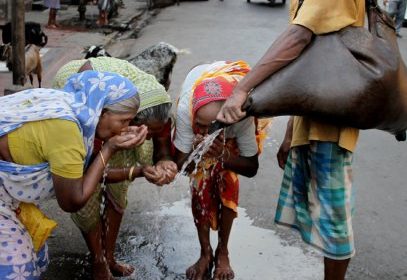If you look around (no matter where you are), it would be difficult to spot stuff that does not contain any sand. The electric bulbs in the room, glass on the window, the screen you are looking at, the concrete walls and ceiling…
We need a lot of sand. And we use a lot. This has never seemed like a problem because sand seems abundant, and mining it seems like a benign activity. But if we really think about it, it is not difficult to see the key role sand plays as a component of the ecosystem. Excessive sand mining destabilizes rivers, leads to saline intrusion into freshwater, depletes groundwater tables and adversely affects agriculture. Besides, mining coastal beach sand is the last thing we should do amid rising sea levels.
The key barrier to controlling sand mining lies in the politics and economics around it. Its classification as a low-value resource has led to lax regulations and low visibility in public discourse/scrutiny. Meanwhile, businesses backed by corrupt political forces continue to scrape riverbeds, beaches and seas.
More info: Kiran Pereira’s Blog ; Water Integrity Network ; Water Integrity Forum
Produced by: TheWaterChannel
Language: English
Year: 2013
Region: Global


